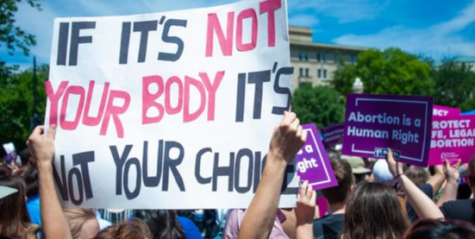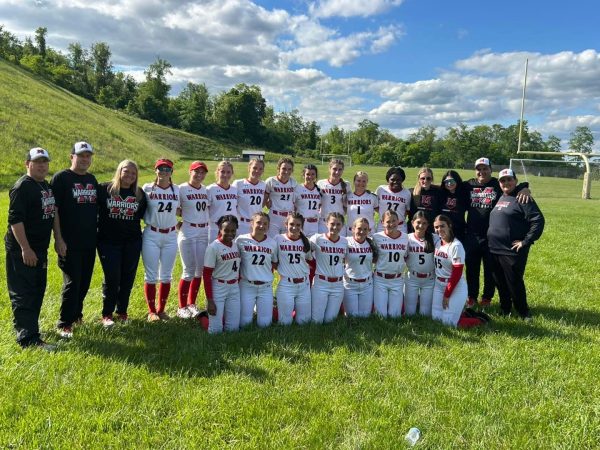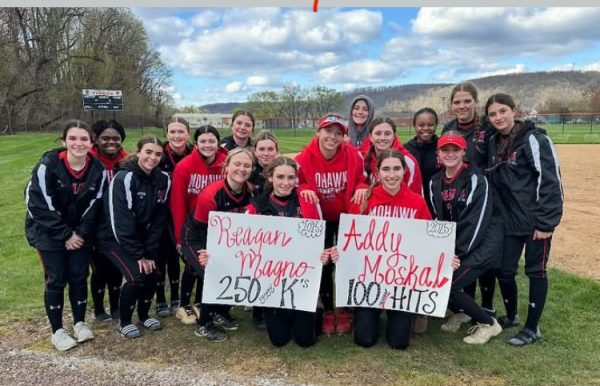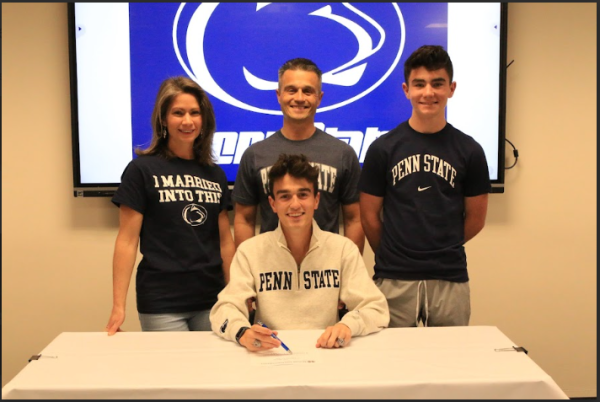JFK: The Controversy is Far From Over
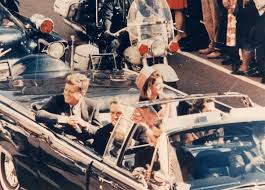
On November 22, 1963 John Fitzgerald Kennedy was murdered while riding with his motorcade through Dealey Plaza in Dallas, Texas. The charismatic leader travelled West in order to speak about natural resources and conservation efforts, as well as discuss the themes that would fuel his run for reelection. 54 years have come and gone, but the assassination of JFK remains one of the most discussed national tragedies in the history of the United States. Americans continue to argue over whether Lee Harvey Oswald, the condoned killer, conducted the murder alone. They also continue to question the validity, integrity, and actions of government officials after the tragedy. And, with the government’s recent release of 2,800 (previously) sealed files, the controversy is far from over.
Journalists and history buffs alike scoured the National Archives on October 27, searching for new clues to shed light on the assassination. The collection of memos, handwritten notes, surveillance photos, visitor logs, and other documents lead to some interesting conclusions. A research team at the University of Virginia discovered Mexico cooperated fully with the US after JFK’s murder. Because Oswald travelled to Mexico City and deposited 5,000 dollars into a bank there a month before committing the act, the Mexican Government traced the transaction throughout the country. They also helped wiretap the Soviet and Cuban Embassies before the president was murdered. One document supported the idea that Oswald may have been accompanied by “El Mexicano” on his trip, believed to be Francisco Rodriguez Tamayo, captain of Cuban Rebel Army 57. One official also believed that Jack Ruby, the man who murdered Lee Harvey Oswald, had connections to the Chicago mob.
While interesting snippets of information were uncovered, the “good stuff” has yet to be revealed, and may never be open to the public. The president hesitated to release all of the documents due to concerns regarding national security, as well as foreign policy and law enforcement. If they deem these sealed files as harmless, the rest will be released by April of next year. Until then, you can guarantee that researchers will be studying this information, vying for a chance to be the first to verify (or reject) the guilt of Lee Harvey Oswald and the integrity of government officials.


